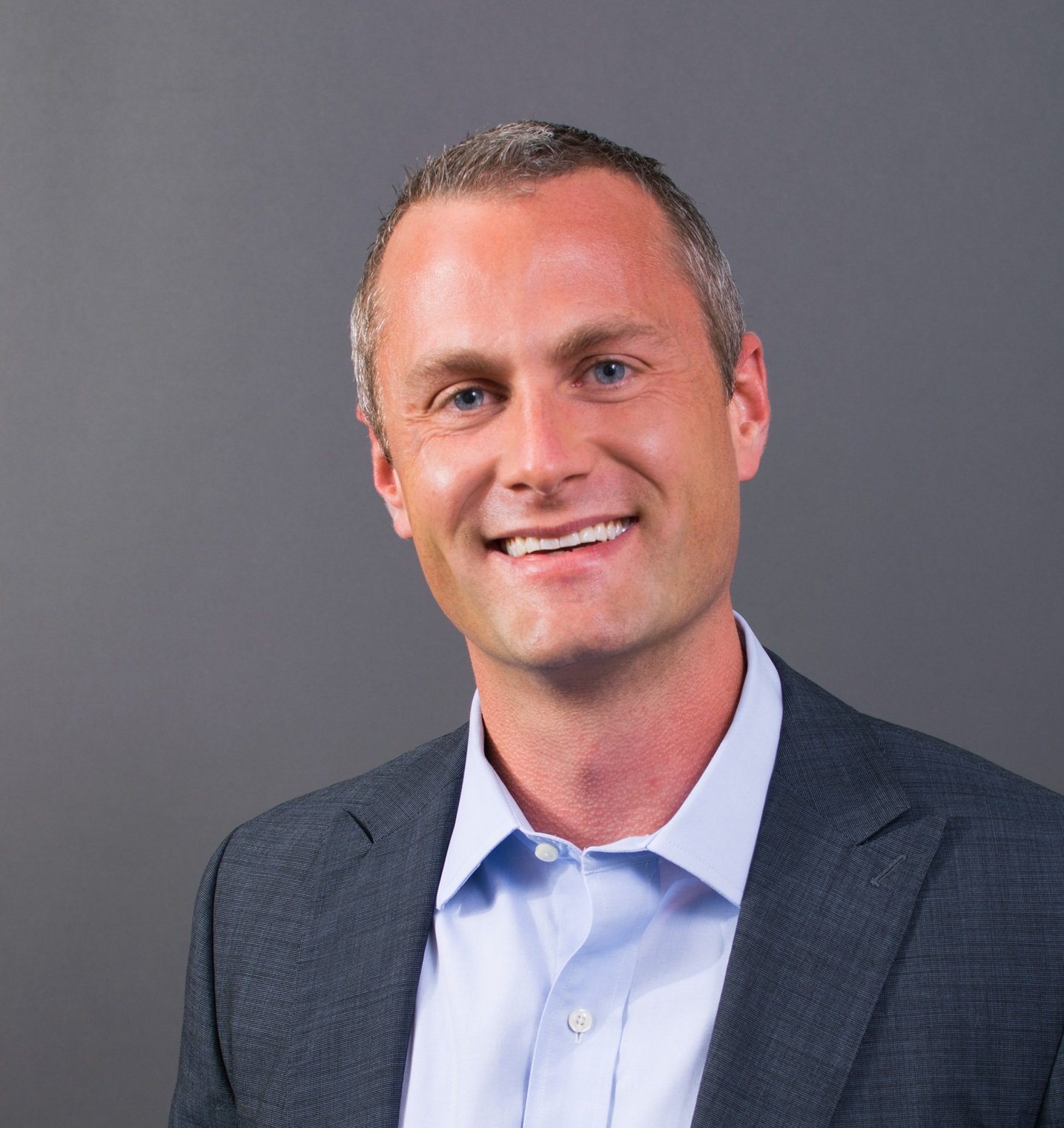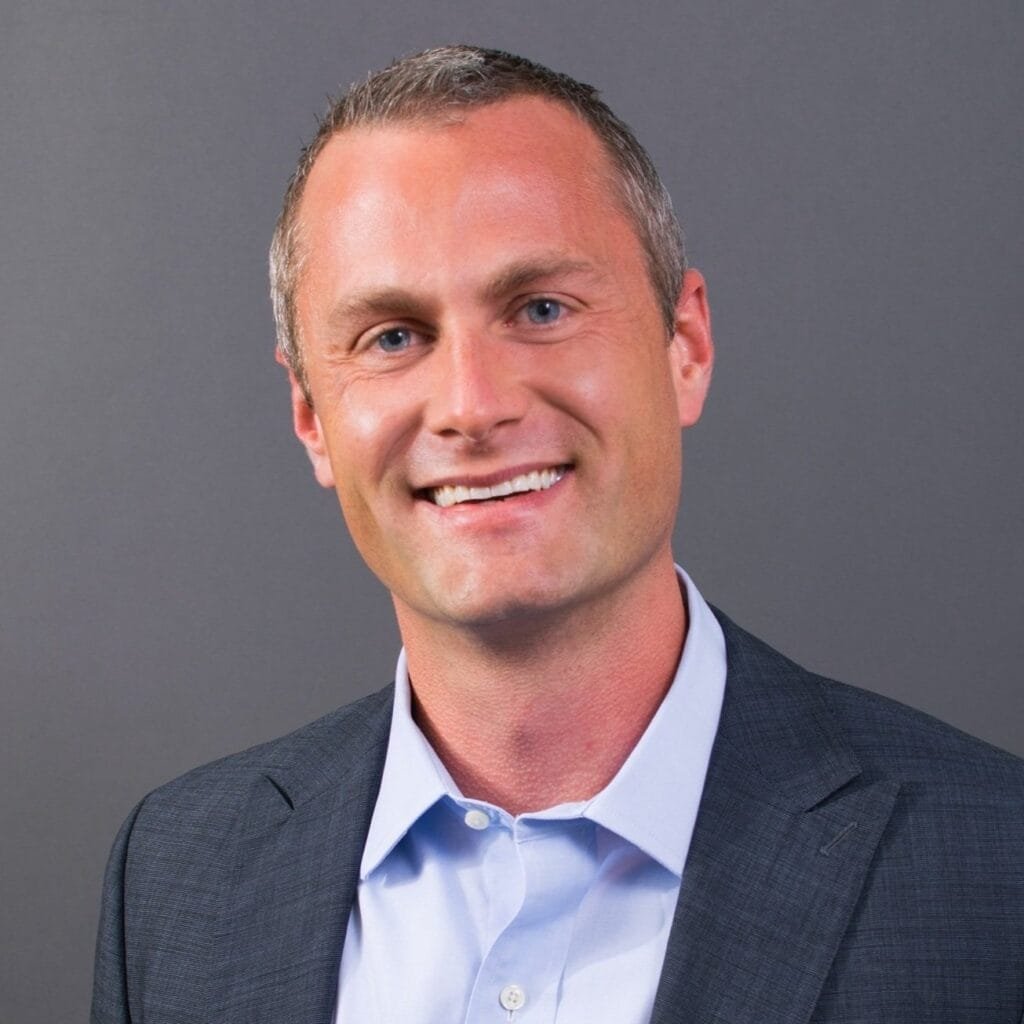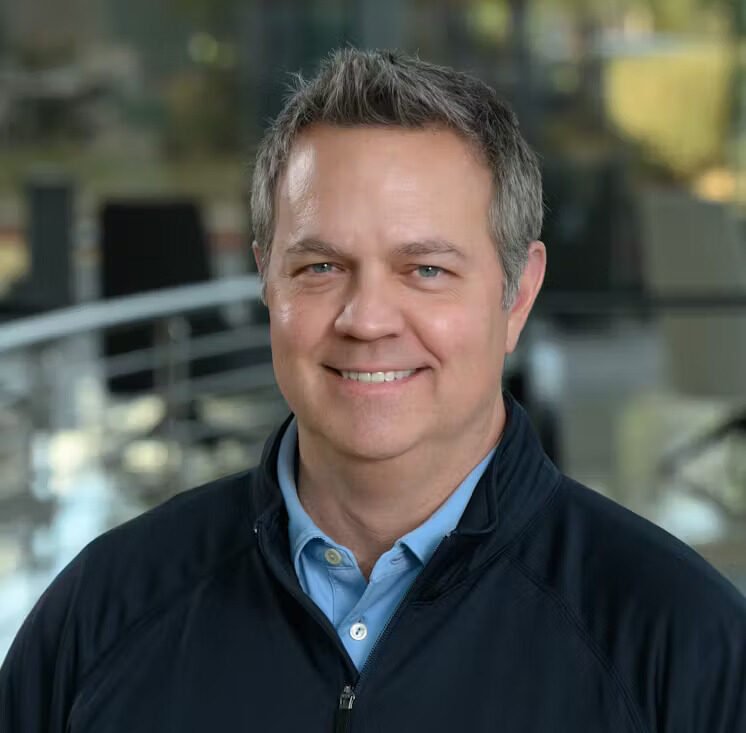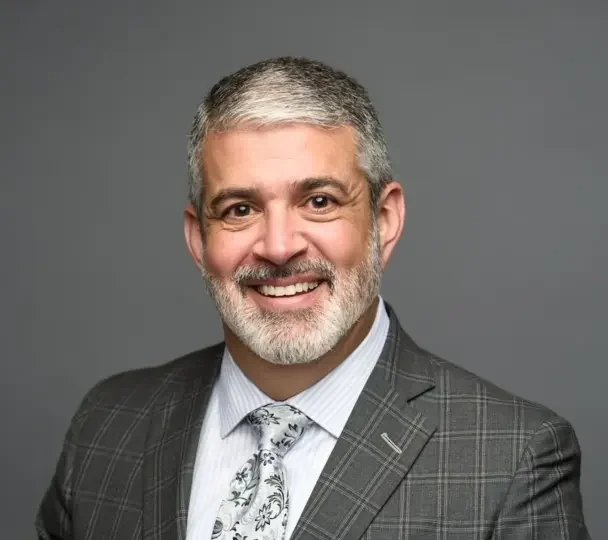
I recently went one-on-one with Gabriel Krajicek, CEO of Kasasa.
Adam: Thanks again for taking the time to share your advice. First things first, though, I am sure readers would love to learn more about you. How did you get here? What experiences, failures, setbacks, or challenges have been most instrumental to your growth?
Gabe: During my junior year at LSU, I realized that my dream of becoming a surgeon wasn’t really my calling after scoring poorly in hand-eye coordination on an aptitude test. Despite being accepted to Emory Medical School, I switched my focus when the test revealed my potential in entrepreneurship, which was far more exciting to me. So, I adjusted my electives, added a business minor, and graduated with a Bachelor’s degree in Zoology.
At the same time, my father, an entrepreneur battling brain cancer, mentored me in business. Together, we developed a business plan for Yankz, a shoelace company for triathletes, and raised about half a million dollars. After his passing, I moved to Nashville to work at Private Capital Advisors. When the dot-com bust hit and reduced deal flow, I was at risk of being laid off. It was then that the investors of DealerSkins, a company building websites for car dealerships, asked me to step in as CEO. I had gotten to know DealerSkins during my time with Private Capital Advisors, as I was part of the team that brought the two companies together. Becoming a CEO at 22 was the start of my career path in business leadership. Despite the challenging environment, the founders and I, without whom I wouldn’t have stood a chance, successfully led the company through its initial years and exited with 1,200 clients. This experience built the foundation for my career in leadership.
Fast forward to eight months into my role as CEO of BancVue, and I found myself facing a serious regulatory issue—our product was deemed illegal. We had only $1 million in the bank and were burning through $300k a month. It was a tough situation, to say the least. Navigating through this crisis wasn’t just a test of leadership; it was about survival. We had to move quickly and decisively to stabilize the company and pivot to set ourselves up for future growth.
Then, BancVue launched Kasasa, focusing on deposit growth strategies for community financial institutions (FIs). Unfortunately, the launch coincided with the Great Recession, creating a “permafrost” effect that made it difficult for FIs to succeed. Despite these economic challenges, Kasasa managed to establish itself in the financial sector by helping FIs grow their deposits and better serve their communities.
Having been the CEO of Kasasa for almost two decades, like many other businesses, the COVID-19 pandemic also brought significant disruptions to our business, presenting yet another challenge to navigate.
Adam: In your experience, what are the key steps to growing and scaling your business?
Gabe: Growing and scaling a business isn’t rocket science, but it’s not easy either. It starts with having a clear vision and strategy, of course, but the real trick is being ready to adapt when things inevitably go sideways. You need a solid plan—sure, but that plan should include the flexibility to pivot when the unexpected happens.
At Kasasa, we had a strategy that looked great on paper, but it didn’t pan out. So, we did what you have to do in those situations: we pivoted. Mike Tyson said it best, “Everyone has a plan until they get punched in the mouth.” And let’s be real, in business, you’re going to get punched in the mouth more than once. The key is to keep pushing forward, even when the walls feel like they’re closing in. Sometimes, you’ll need to go through the brick wall, not around it.
It’s less about having the perfect plan and more about having the guts and the team to keep moving forward when things get tough. The vision has to stay intact, but the path to get there? That’s going to change, and you need to be okay with that.
This isn’t something that happens just once. Every stage of growth brings new challenges, and you’re going to have to reassess and adapt constantly. But if you stay focused on your vision, keep executing, and surround yourself with people who believe in what you’re doing, you’ll find a way to scale your business.
Adam: What do you believe are the defining qualities of an effective leader?
Gabe: Good leaders possess qualities that enable them to inspire and guide their team towards success. One of the most important qualities is empathy and the ability to communicate empathetically. People don’t truly listen until they feel heard.
A leader must be able to understand and relate to the emotions and perspectives of their team members, fostering an environment of trust and open communication. This leads to the ability to speak to all the different types of people in a room and make the idea resonate with each one. This involves understanding and addressing the four main personality types: Promoter, Controller, Analyzer, and Supporter. These personality types can be traced back to several frameworks, but here, I am referring to Insights.
Each personality type responds to different communication styles and motivations. Landing a plan within all four quadrants ensures that your message is clear and compelling to everyone.
Promoters are driven by excitement and vision, so they need to hear how an idea will bring energy and opportunity. Controllers care about outcomes, so they need to know the plan’s big components, how it will be implemented, what it creates, and “by when” Analyzers require data and logic, so they need to understand the rationale and evidence supporting the idea. Supporters value harmony and relationships, so they need to see how the plan will benefit the team and foster collaboration.
Through empathetic communication and strategic messaging that resonates with different personalities, an effective leader can drive motivation and success by creating a culture of unity, where team members feel valued and understood.
Adam: How can leaders and aspiring leaders take their leadership skills to the next level?
Gabe: Stretch Yourself: Seek out challenging situations that push you beyond your comfort zone or make you think that you are in over your head. Do it anyway. Don’t focus on the outcome, whether that is failure or success. But instead, value the experience of stepping into uncomfortable spaces. Continue to do it over and over again, as facing these challenges builds confidence and resilience.
Find a Mentor: Having a mentor can help to give you guidance and perspective. While a mentor may not have faced every situation you encounter, they can help you frame and understand your experiences, offering wisdom and support. Ultimately, though, it’s up to you as the leader to work through these challenges and stand in the gap.
Adopt a Growth Mindset: Being a leader is also a learnable skill. Start with the right mindset, understanding that growth comes from continuous learning and stretching yourself. Repeatedly put yourself in challenging situations and seek out mentors to help guide your development.
Adam: What are your three best tips applicable to entrepreneurs, executives, and civic leaders?
Gabe: Financial Success ≠ Security: Don’t fall into the trap of thinking that financial success guarantees security. Money can solve a lot of problems, sure, but it doesn’t make you invincible. True security comes from your ability to adapt, your relationships, and your integrity. Measure your success not just by your bank account, but by how you’ve grown in character and resilience.
Value Other People: It’s easy to say that you should care about your friends and family—and of course, you should. But let’s go broader. Every interaction you have with anyone is an opportunity to create a positive impact. When you approach life this way, everything you do has meaning. That meaning generates motivation, and sustained motivation is the fuel you need to keep going, even when things get tough. The energy that comes from knowing you’re making a difference, no matter how small, is key to long-term success.
Your Goal is to Do Better: As a leader, you’re responsible for outcomes that are often beyond your full control, which means uncertainty is part of the deal. If you focus solely on winning or losing each round, burnout is inevitable. But if you make your goal simply to become a better person every day—in every way you can—then the game never ends. You celebrate every level-up, and the outcome that matters most is always within your control. It’s the ultimate anti-burnout strategy.
Adam: What is your best advice on building, leading, and managing teams?
Gabe: Building, leading, and managing teams starts with the fundamentals that matter most, like establishing regular meetings, setting clear goals, and making sure every employee knows where they stand. These table stakes are crucial for any team to operate smoothly.
But if you want your team to be world-class status, you need to dig a little deeper. Cultivating an “esprit de corps” across the team is vital. Team members should care about winning because it’s fulfilling. This involves building strong human connections and leading by example, showing your team that success is both fun and rewarding.
If there’s a trait you want to instill in your team, you have to lead by example and be passionate about it yourself. For instance, if you value timeliness, always be early, not just on time. Model the behavior you expect from your team at 120%, and your commitment will inspire them to follow suit.
It’s also important to be more open and authentic than a typical manager might be. This doesn’t mean being “friends” with every employee, but rather being able to admit when you’re having an off day. Showing vulnerability builds trust and makes your team feel more connected to you.
Adam: What are your best tips on the topics of sales, marketing, and branding?
Gabe: One common bad habit in B2B sales, especially for new employees, is making the process too ambiguous for decision-makers. When an executive is purchasing a B2B product, they need all the necessary information to make a decision quickly and frictionlessly. To avoid this, create clarity for an efficient and effective decision-making process. Oftentimes, the process of internally reviewing a product can be “too squishy” for a customer. It would be helpful for key decision-makers to have an established schedule or a plan mapped out over a specific number of days that guides the potential customer to a decision. While it might feel “pushy” to lay out a structured timeline, it actually helps to provide guardrails that make it easier for the customer to review the product and reach a yes or no decision more efficiently.
In today’s landscape, buyers can see right through BS. Authenticity is what wins the day. For example, at Kasasa, we ran a “Sorry Kasasa Sucked” campaign where we sent out straws to clients and openly apologized for our mistakes, demonstrating our commitment to making improvements. This human perspective, where we sacrificed a bit of our highbrow image to be real and honest, resonated deeply with our audience. Being genuine and transparent can build stronger connections and trust with consumers. I feel that it is important to prioritize authenticity over trying to maintain a perfect image.
Adam: What is the single best piece of advice you have ever received?
Gabe: This is something I have actually thought about a lot, and I believe the secret to company growth is the people. When asked how to distinguish the good ones from the bad ones, an early mentor who led the acquisition of my first business, DealerSkins, once told me, “You’ll find you will push the weak employees, the strong ones will push you to be a better leader.” Keep those who are driving not just the company forward but also encouraging you and everyone else around them to do the same. These are the people who not only contribute significantly but also inspire others to discover what they are capable of as well.
Adam: Is there anything else you would like to share?
Gabe: My biggest “life hack” is viewing my life as the main character in a game or a movie. Every great story is about the character growth of the protagonist. My goal is to become the best hero of my own story that I can. Nobody watching my imaginary movie wants me to win the “wrong” way. This idea helps me to do my best, make more courageous, positive choices, and be loving towards others.
When you wrestle with hard choices, consider how your character should behave in that moment. It’s not about getting everything you want, but about becoming everything you’re meant to be. It’s the journey and the story you create that truly matter.








